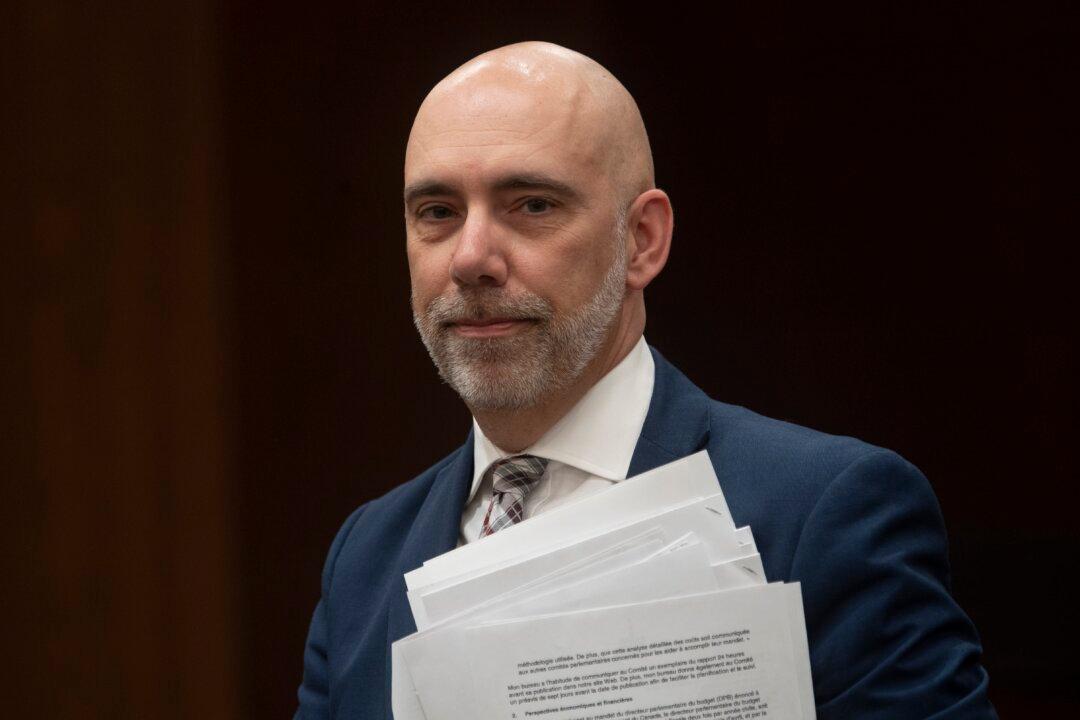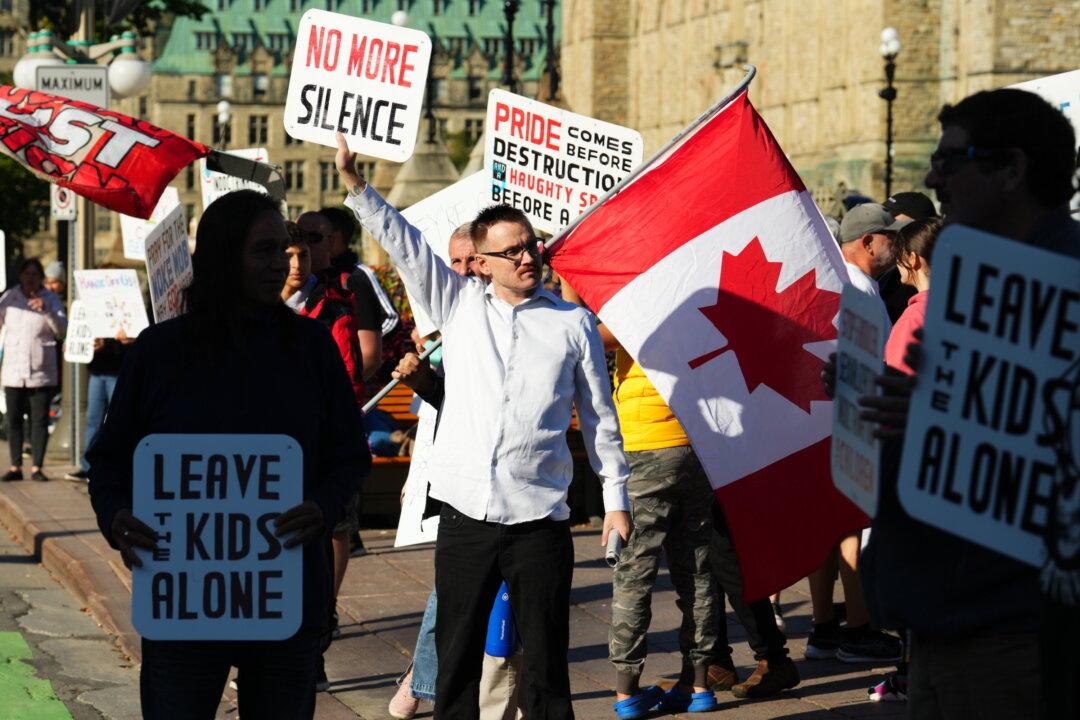A new carbon tax exemption bill passed by opposition parties to give farmers a tax break on fuel would deliver $80 million less than the MPs intended after amendments made by the Senate, the Parliamentary Budget Officer (PBO) says.
According to the PBO, with the Senate amendments, the proposed carbon tax emption would save farmers up to $27 million a year by 2025-2026, a stark contrast from the $106 million annually that the original version of the carbon tax exemption Bill C-234 had promised.





